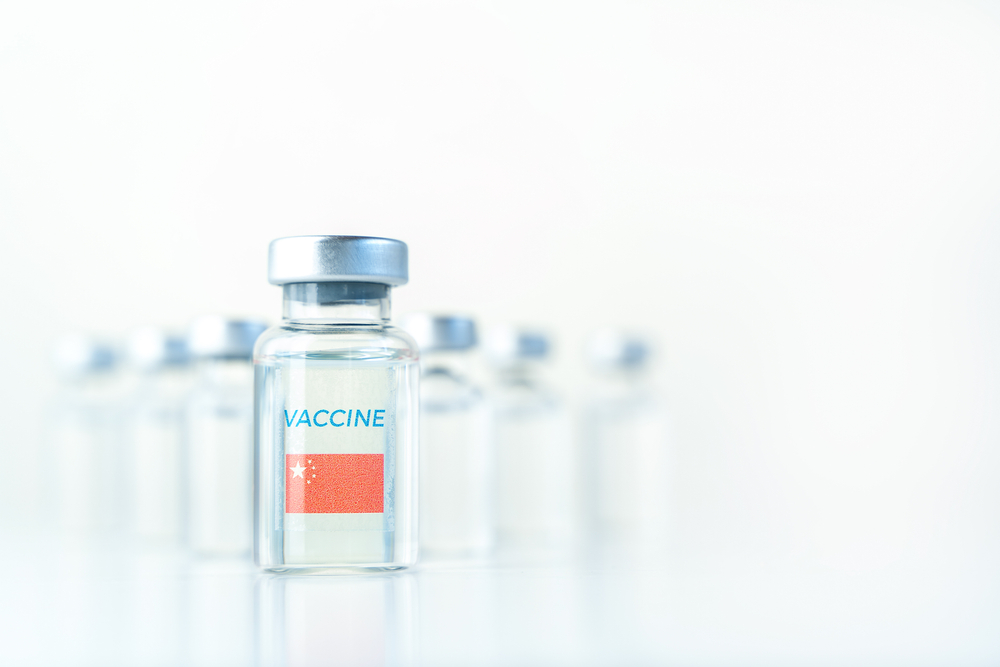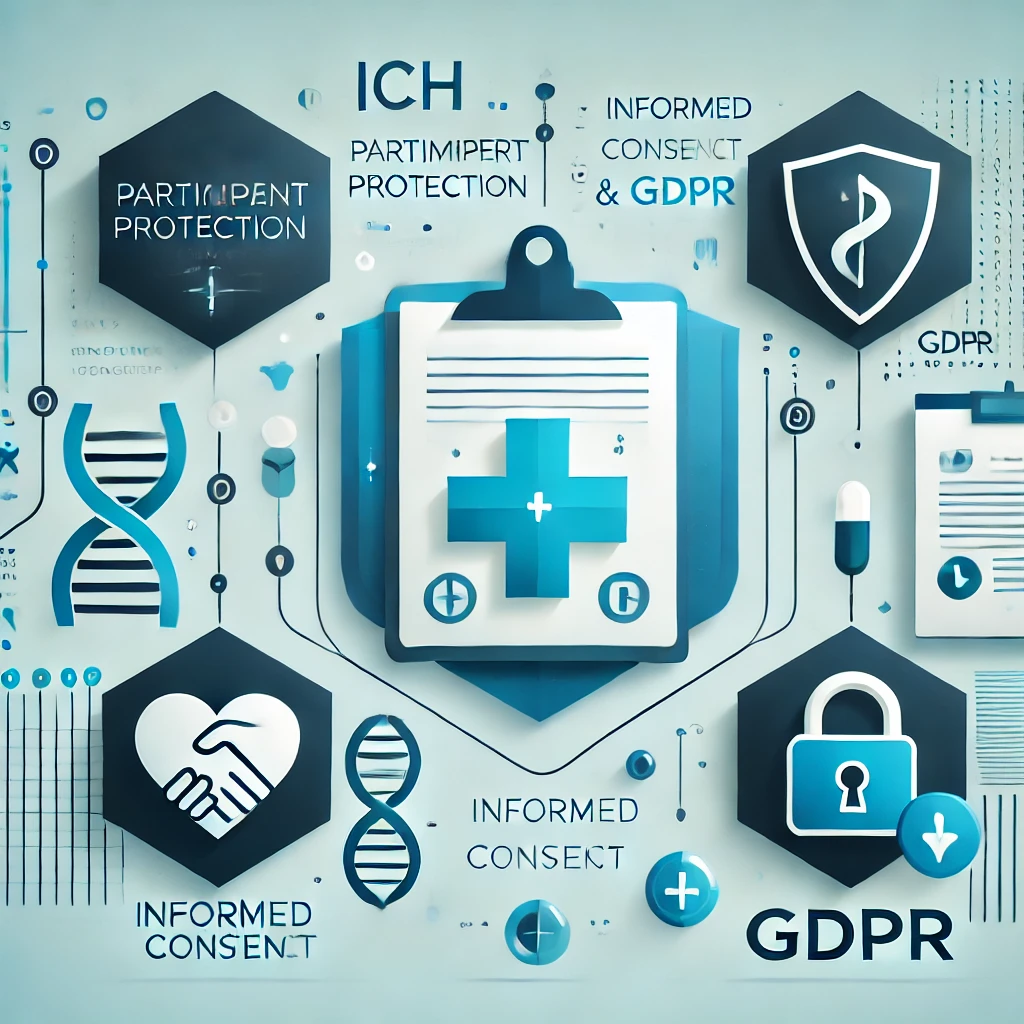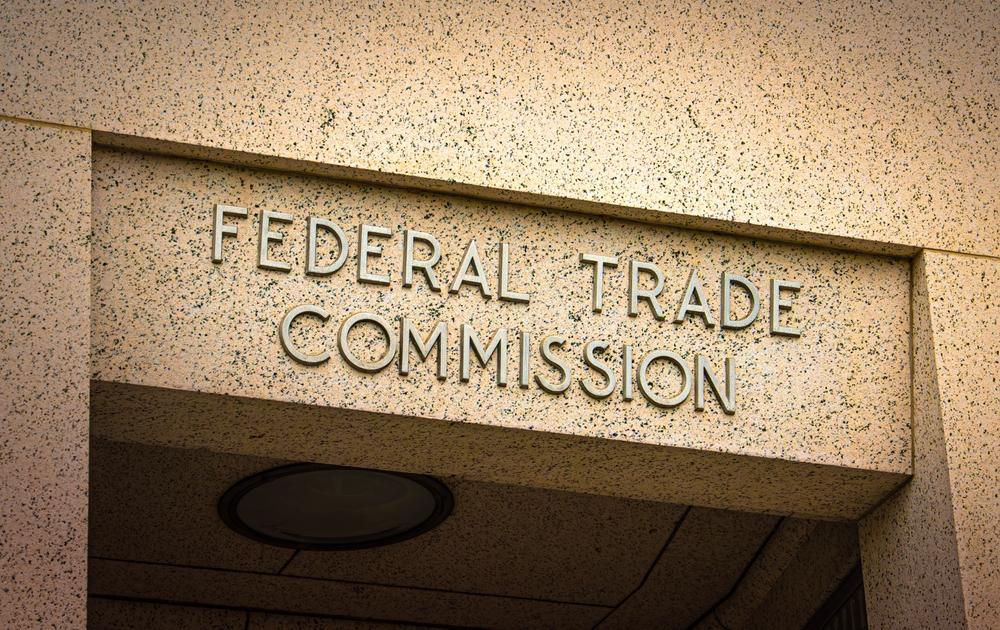
Navigating Privacy Requirements for Clinical Trials Across Jurisdictions: Focus on China
China’s data protection regulations play a crucial role in clinical trials, requiring sponsors and researchers to comply with multiple laws, including the PIPL, GCP-2020, and cross-border data transfer rules. Unlike other jurisdictions, China imposes strict consent requirements, risk assessments, and regulatory filings, making compliance a key factor when selecting trial locations and managing participant data.

Addressing the Data Protection and Ethical Challenges posed by AI in Health – Part I

Analyzing the Similarities and Differences Between ICH-GCP and GDPR in Clinical Trials
ICH-GCP and GDPR are vital for clinical trials, setting standards for participant protection and data integrity, with distinct focuses and enforcement approaches.





